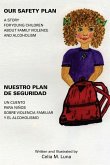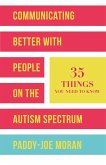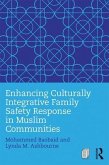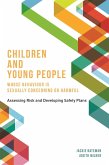Vaccines save between 2 million and 3 million lives each year and protect the entire population from more than a dozen life- threatening diseases. Thanks to vaccination, smallpox was eradicated in 1980, and we are on track to eradicate polio. However, despite great strides in the control of measles, one of the most contagious diseases known, the last few years have unfortunately seen an increase in cases. This is why high vaccination coverage--95% or more--is needed, posing a major technical and communication challenge for health workers. Studies show that telling people about the quality, safety, effectiveness and availability of vaccines is not enough to influence behavior change related to immunization, and in general, doesn¿t increase coverage. For this reason, it¿s necessary to understand the reasons why people choose not to get vaccinated or not get their children vaccinated, in order to begin a two-way respectful dialogue using the best, most effective messages. Given this context, the main objective of these guidelines is to provide tools for staff working in the field of immunization to support effective communication between health personnel and the general population, with the aim of strengthening, maintaining or recovering trust in vaccines and the immunization programs in the Region of the Americas.

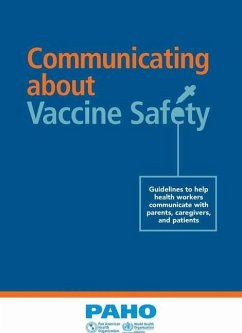
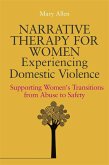
![The Drug Users Bible [Extended Edition]: Harm Reduction, Risk Mitigation, Personal Safety The Drug Users Bible [Extended Edition]: Harm Reduction, Risk Mitigation, Personal Safety](https://bilder.buecher.de/produkte/66/66351/66351717m.jpg)
